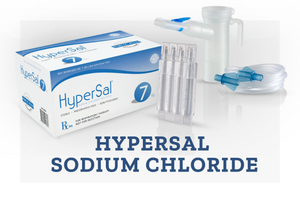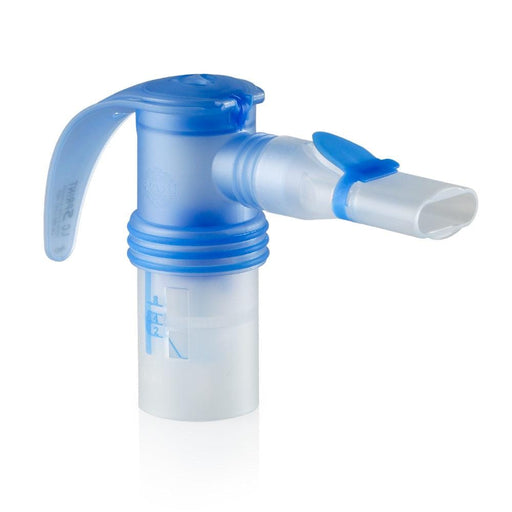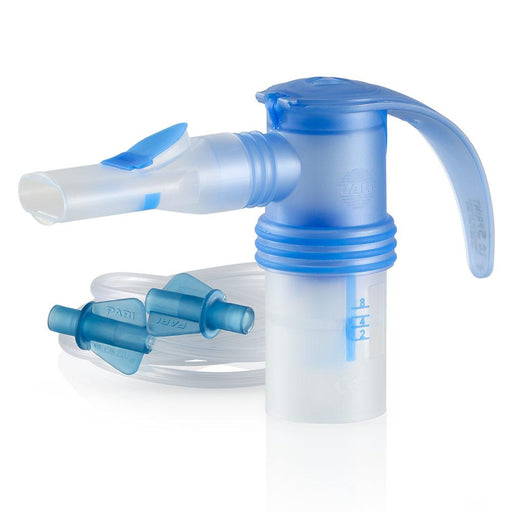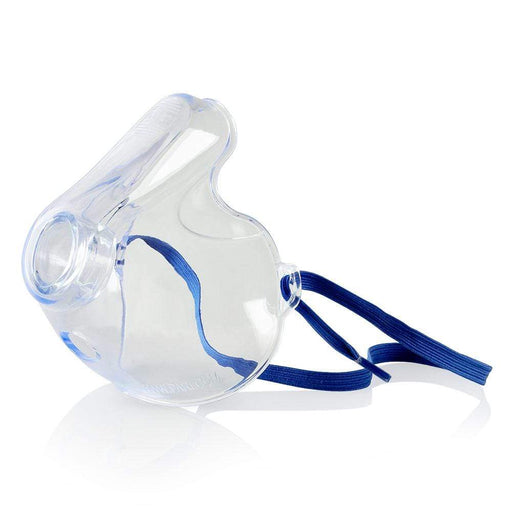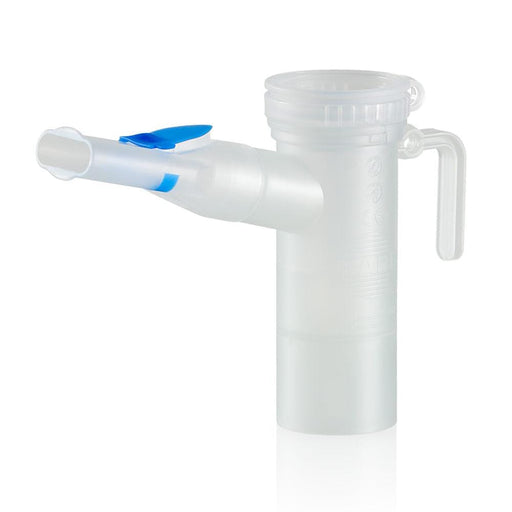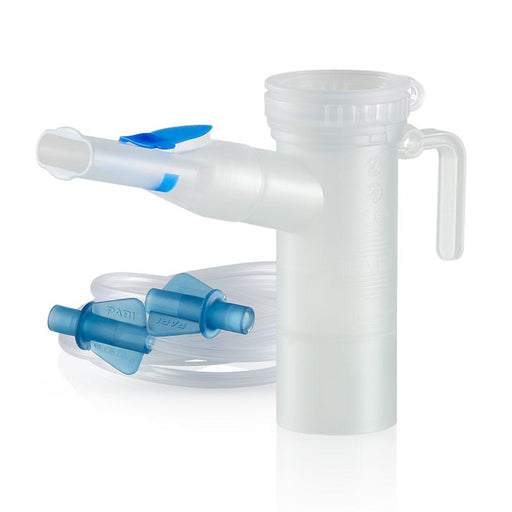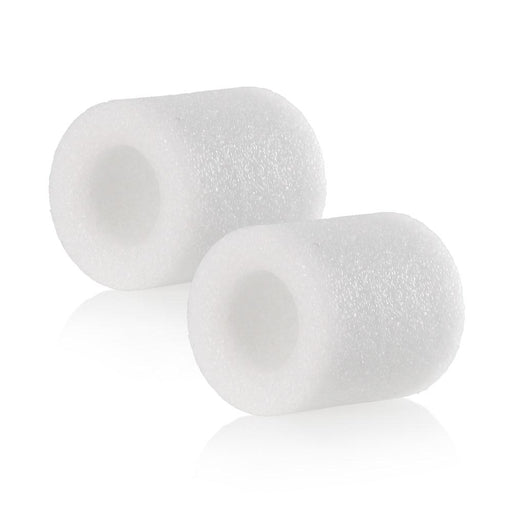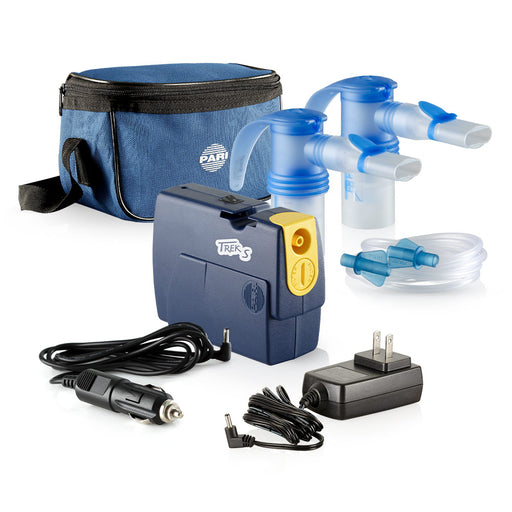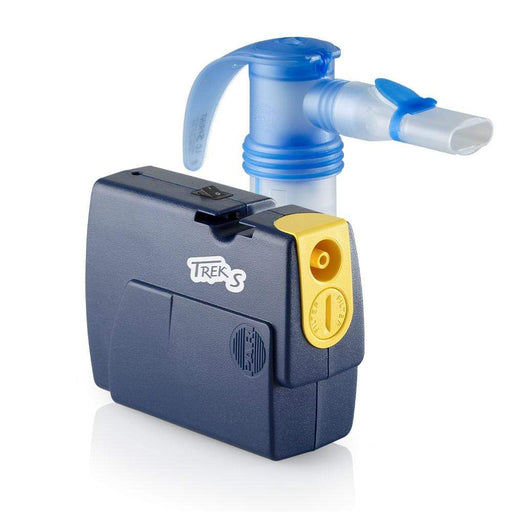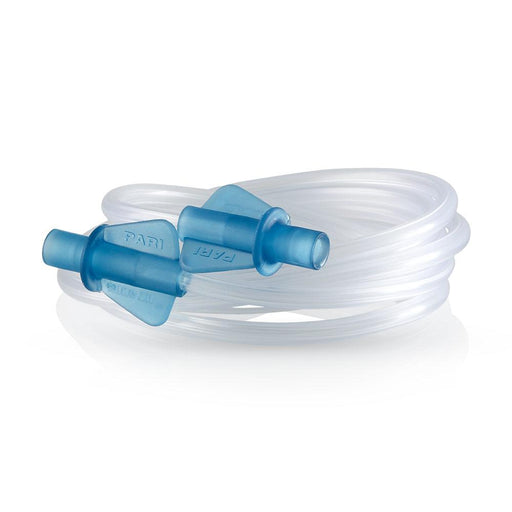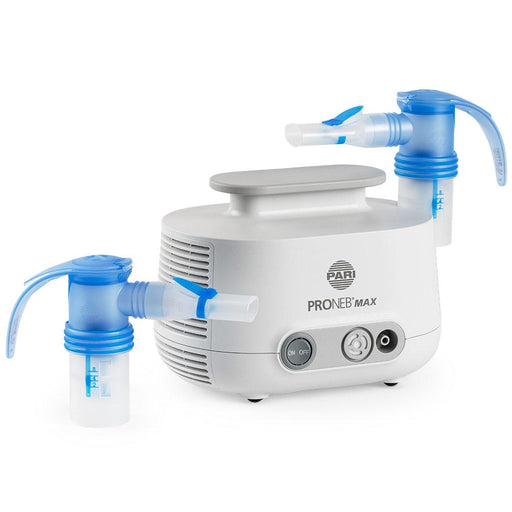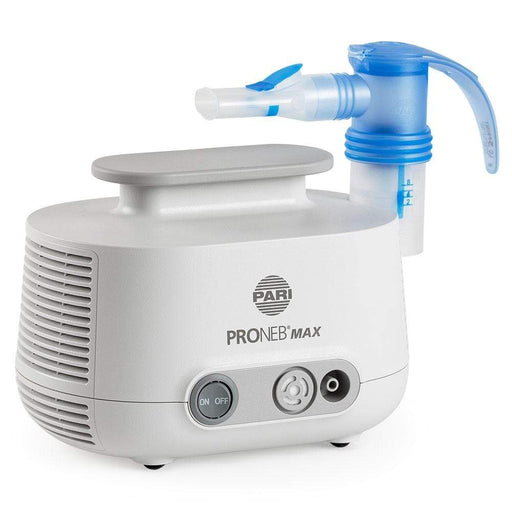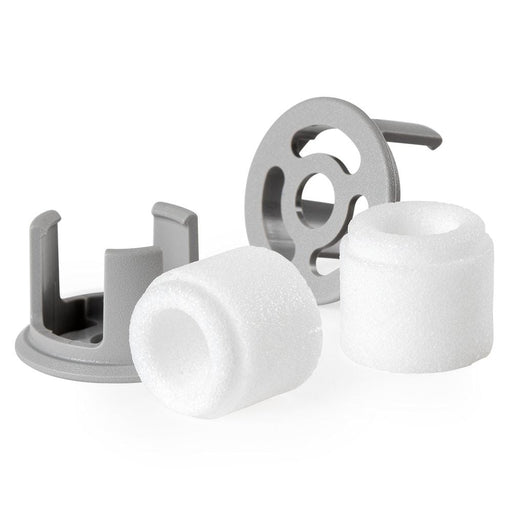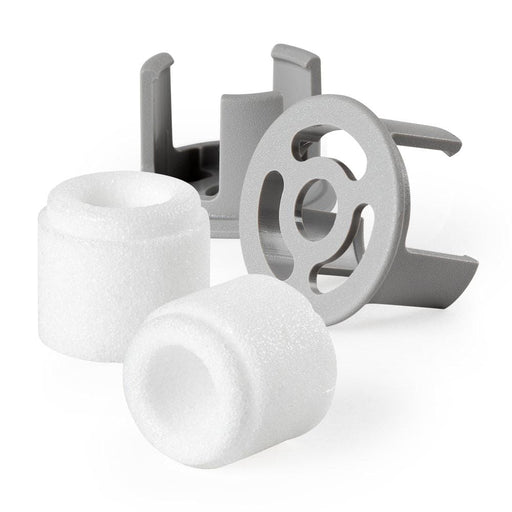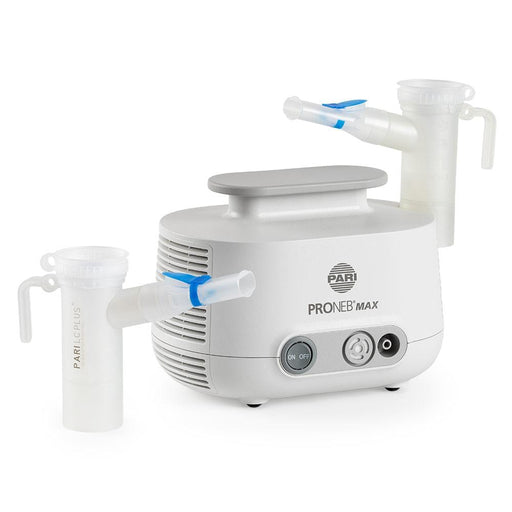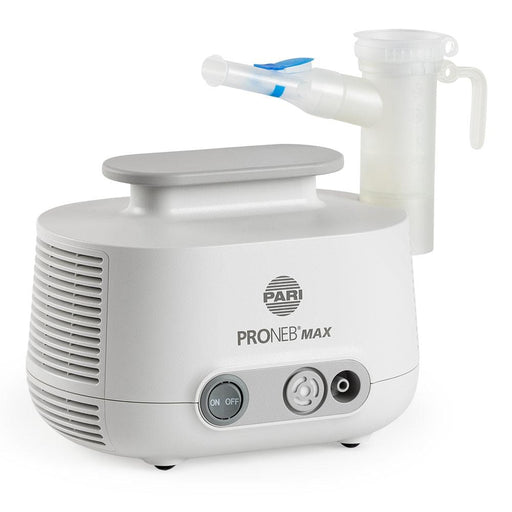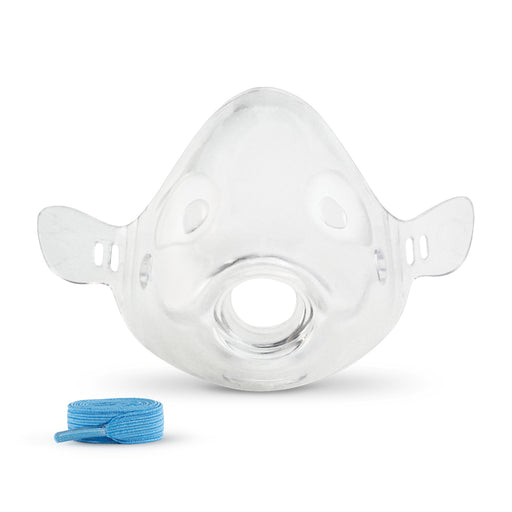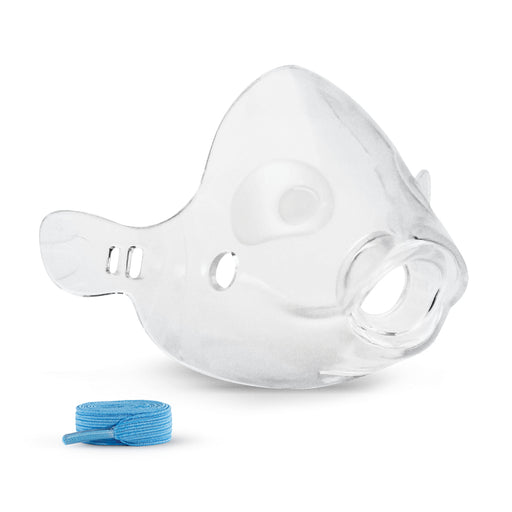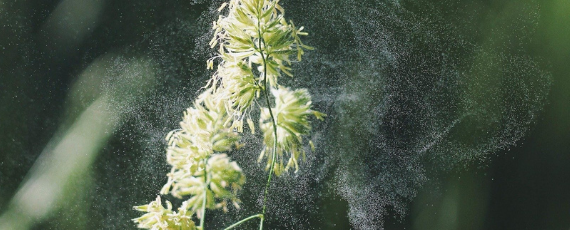
11 Tips for Coping with Springtime Allergies & Asthma: Breathe Easier
Spring is in full-swing, and that means pollen is everywhere. Fortunately, there are lots of ways to reduce your exposure to pollen and other springtime allergens. It’s time to take back the season!
1. Take allergy meds early
According to the College of Allergy, Asthma & Immunology, allergists recommend starting prescribed medication two weeks before your symptoms usually start.
2. Always have your treatments on hand
No matter how much you control your exposure to environmental irritants that worsen asthma, you can’t plan for everything. Having easy access to your asthma medications will help you go about your day with a sense of normalcy.
3. Be aware of pollen forecasts
Check AccuWeather, The Weather Channel, or AirNow for air quality information in your local area. It’s also important to know the allergy season of the area you live in as it starts at different times in different places.
4. Adjust activities and schedules
During spring and summer, pollen counts are highest in the evenings. Instead of taking that run after work, you may want to wake up a little earlier to hit the pavement or find a way to exercise inside.
5. Use your air conditioner
Rather than opening windows when pollen is rampant, don’t be afraid to turn on the air conditioning. Remember to change or clean your filter regularly to prevent buildup.
6. Yard work and gardening need not be off-limits
When you want to get out in your garden or clear up your yard, wear a mask to filter pollen and mold particles (turns out your COVID mask provides all sorts of protection!). Consider choosing plants that are pollinated by bees or birds rather than wind as their pollen spreads less easily.
7. Outsource lawn mowing
While most people will do anything to find a way out of the tediousness of mowing the lawn, people with allergies have a legitimate excuse. Ask an allergy-free family member to take care of it or hire a lawn care service, if you can afford it. If you’re out of options, be sure to wash your clothes and shower afterward.
8. Sunglasses can be a saving grace
Some people suffer from itchy, irritated eyes when allergy season comes around. Donning some shades can be a great way to reduce exposure to pollen and other outdoor irritants.
9. Be diligent about clothing
Pollen sticks to fabric, so be sure to wash or wipe it down, and store outdoor clothing like shoes away from highly used areas of your home.
10. Shower after being outside or before sleeping
This washes pollen from your hair and skin and keeps your sheets from collecting pollen, reducing the likeliness of breathing issues when you’re asleep.
11. Hardwood floors mean less allergy hardship
Carpets are made of fabric, which like any type of cloth, traps dust and pollen. Vacuuming often is helpful, but replacing carpets with wood or tiles can massively reduce allergy symptoms. Although it’s not something one can change easily, it is certainly worth considering if your allergies are severe or if you happen to be remodeling your home.
SHOP CLINICALLY PROVEN NEBULIZER SYSTEMS & SUPPLIES
-
PARI LC Sprint Reusable Nebulizer Cup & Tubing: Speed & Comfort Combined
Original price $15.95 - Original price $15.95Original price$15.95$15.95 - $15.95Current price $15.95In stockOriginal price $15.95 - Original price $15.95Original price$15.95$15.95 - $15.95Current price $15.95 -
PARI LC Adult Aerosol Mask: Comfortable, Effective Medication Delivery
Original price $6.00 - Original price $6.00Original price$6.00$6.00 - $6.00Current price $6.00In stockOriginal price $6.00 - Original price $6.00Original price$6.00$6.00 - $6.00Current price $6.00 -
PARI LC Plus Reusable Nebulizer Cup & Tubing: Reliable Aerosol Delivery
Original price $15.95 - Original price $15.95Original price$15.95$15.95 - $15.95Current price $15.95In stockOriginal price $15.95 - Original price $15.95Original price$15.95$15.95 - $15.95Current price $15.95 -
Filters for PARI Vios, Ultra II, and Trek S System - 2 Per Package
Original price $9.45 - Original price $9.45Original price$9.45$9.45 - $9.45Current price $9.45In stockOriginal price $9.45 - Original price $9.45Original price$9.45$9.45 - $9.45Current price $9.45 -
PARI Trek S Portable Nebulizer System with LC Sprint: High-Quality On-the-Go Therapy
Original price $79.00 - Original price $189.00Original price$79.00 - $189.00$79.00 - $189.00Current price $79.00In stockOriginal price $79.00 - Original price $189.00Original price$79.00 - $189.00$79.00 - $189.00Current price $79.00 -
PARI Wing Tip Tubing: Secure, Tangle-Free Connection for Better Treatments
Original price $8.00 - Original price $8.00Original price$8.00$8.00 - $8.00Current price $8.00In stockOriginal price $8.00 - Original price $8.00Original price$8.00$8.00 - $8.00Current price $8.00 -
PARI PRONEB Max Nebulizer System with LC Sprint: Powerful & Efficient
Original price $99.00Original price $99.00 - Original price $99.00Original price $99.00Current price $84.99$84.99 - $84.99Current price $84.99In stockOriginal price $99.00Original price $99.00 - Original price $99.00Original price $99.00Current price $84.99$84.99 - $84.99Current price $84.99Sale -
Filters for PARI PRONEB Max System (2 Per Package): Clean, Efficient Treatments
Original price $9.95 - Original price $9.95Original price$9.95$9.95 - $9.95Current price $9.95In stockOriginal price $9.95 - Original price $9.95Original price$9.95$9.95 - $9.95Current price $9.95 -
PARI PRONEB Max Nebulizer System with LC Plus: Effective Heavy-Duty Therapy
Original price $99.00Original price $99.00 - Original price $99.00Original price $99.00Current price $84.99$84.99 - $84.99Current price $84.99In stockOriginal price $99.00Original price $99.00 - Original price $99.00Original price $99.00Current price $84.99$84.99 - $84.99Current price $84.99Sale -
PARI Bubbles Pediatric Aerosol Mask: Gentle, Fun Treatments for Kids
Original price $5.95 - Original price $5.95Original price$5.95$5.95 - $5.95Current price $5.95In stockOriginal price $5.95 - Original price $5.95Original price$5.95$5.95 - $5.95Current price $5.95


